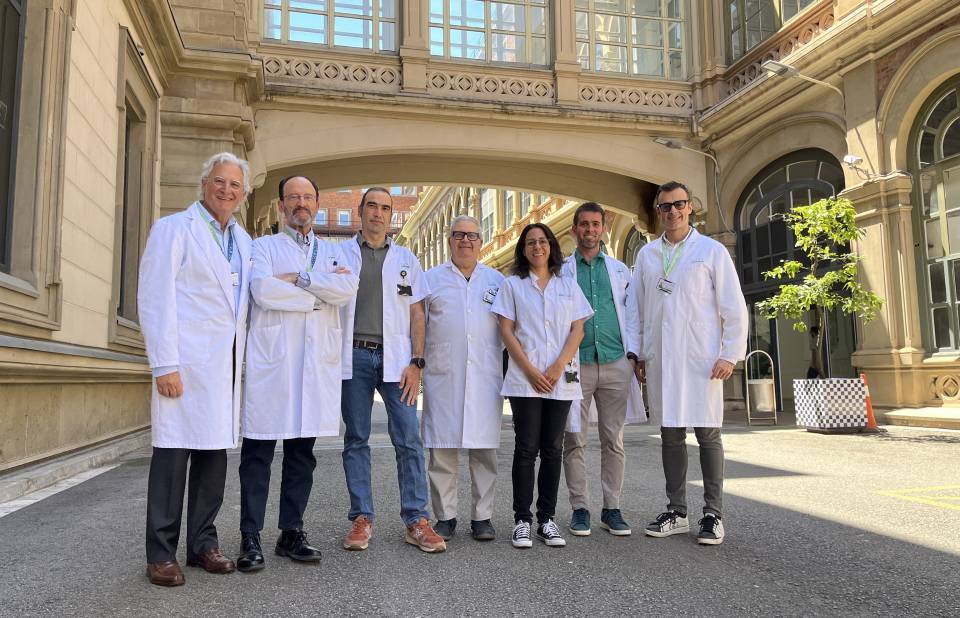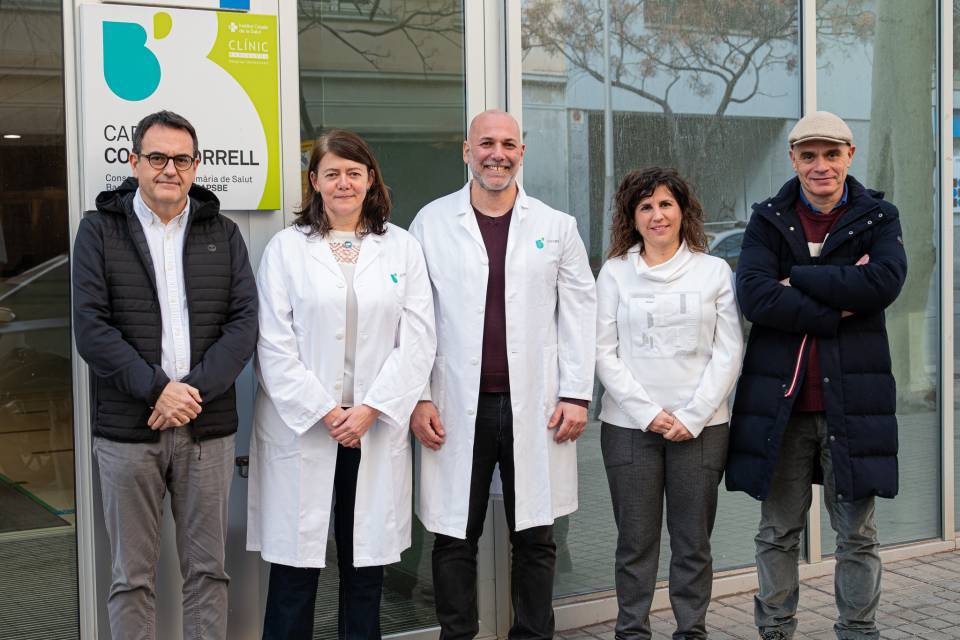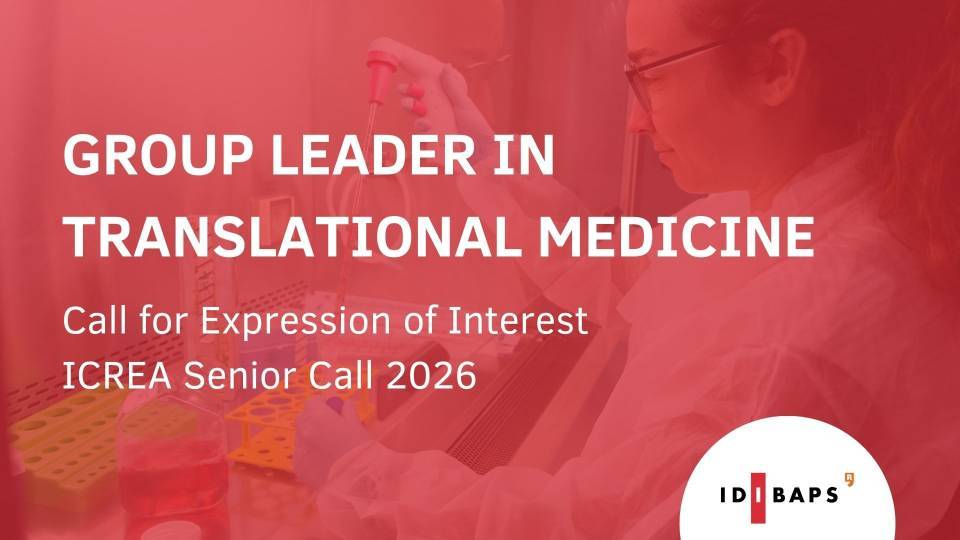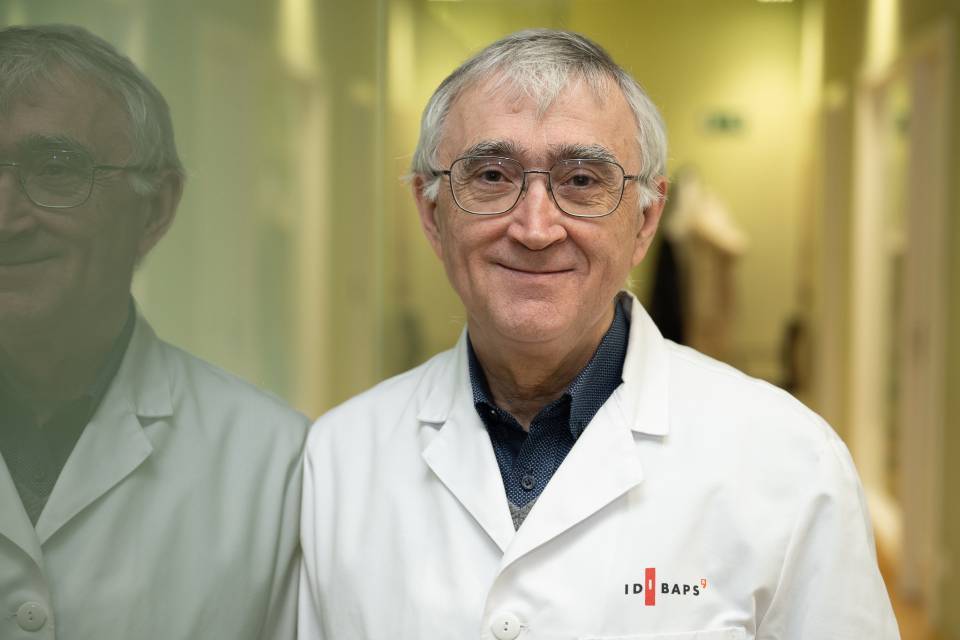The Multimodal Imaging Biomarkers research group at IDIBAPS ubicated at Esther Koplowitz Centre is participating in the European project EUCAIM (EUropean Federation for CAncer IMages), a strategic initiative of the Europe's Beating Cancer Plan with the participation of 95 partners from 17 countries. The aim is to establish a federated and secure infrastructure that facilitates access to and use of medical images from cancer patients for the development of tools based on artificial intelligence (AI).
The use of AI can transform the diagnosis and treatment of cancer, but its development requires large volumes of medical data, often fragmented between multiple centres, in heterogeneous formats and with legal or privacy barriers. The EUCAIM project responds to this challenge with the creation of the Cancer Image Europe platform, within the DIGITAL Europe funding programme, which will facilitate research and clinical innovation.
The first prototype, launched in the summer of 2024, includes tools for dataset discovery, federated search, annotation, and secure analysis, all in compliance with FAIR principles (Findable, Accessible, Interoperable, Reusable). This structure will allow researchers, clinicians and innovators to develop and validate AI-based clinical decision support systems, with direct application to personalized medicine.
IDIBAPS has participated in the design of the infrastructure, in the establishment of quality standards, and in the definition of cases for clinical use of this platform, which has been published in the journal Insights into Imaging.
Many partners of the EUCAIM consortium are part of the "AI for Health Imaging" (AI4HI) network, a group of 5 large EU-funded projects on big data and AI in cancer imaging (CHAIMELEON, EUCANIMAGE, INCISIVE, ProCancer-I, PRIMAGE), the data repositories on which EUCAIM is based. The consortium also includes important European research infrastructures, such as Euro-BioImaging, BBMRI, EATRIS and ELIXIR.
EUCAIM is co-funded by the European Union under the 101100633 grant agreement. However, the views and opinions expressed are solely those of the authors and do not necessarily reflect those of the European Union or the European Commission. Neither the European Union nor the granting authority can be held responsible for them.




